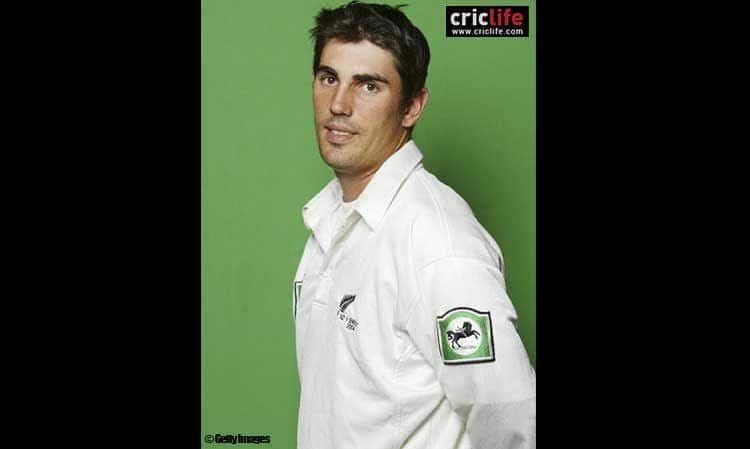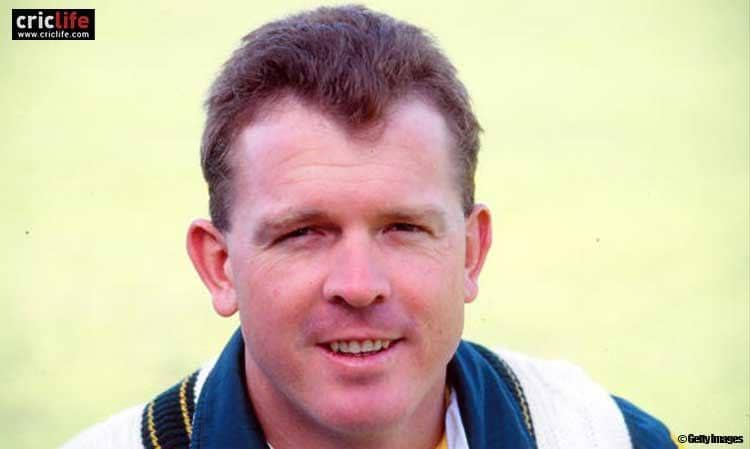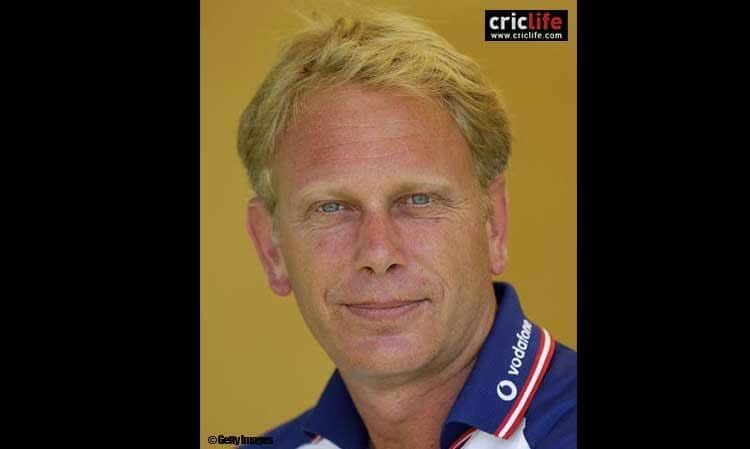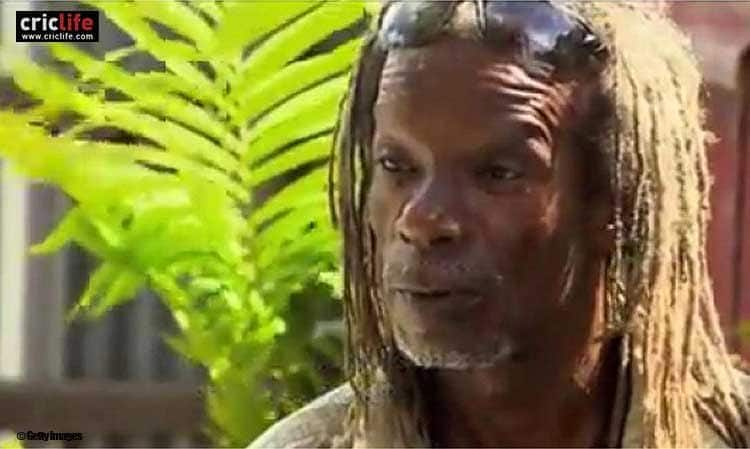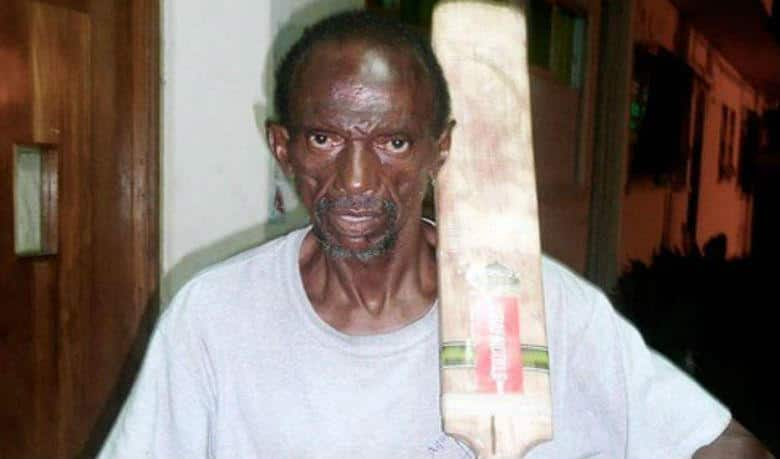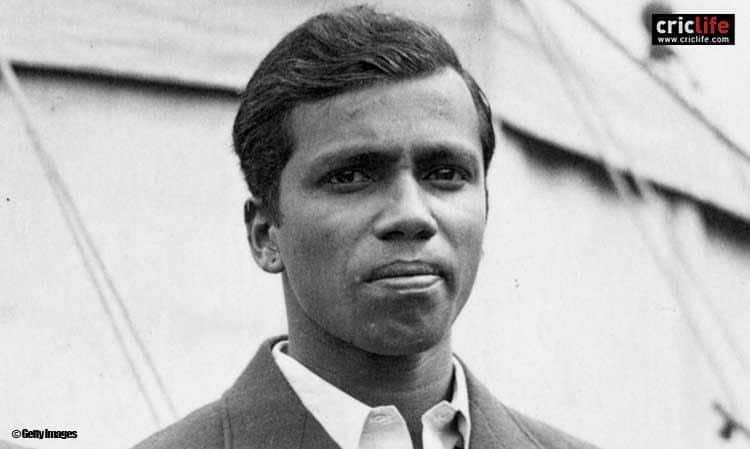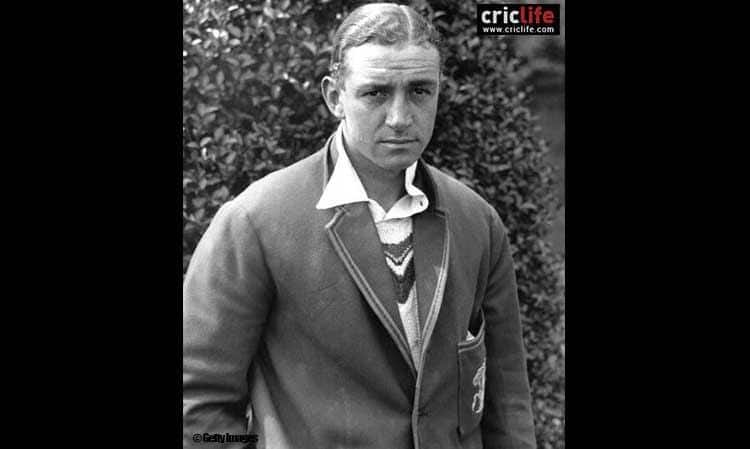This website uses cookies so that we can provide you with the best user experience possible. Cookie information is stored in your browser and performs functions such as recognising you when you return to our website and helping our team to understand which sections of the website you find most interesting and useful.
16 cricketers who endured extreme financial woes and a terrible life as a result
There were many cricketers who graced the highest stage in the bygone era, who slipped into financial woes once their playing days were behind them.
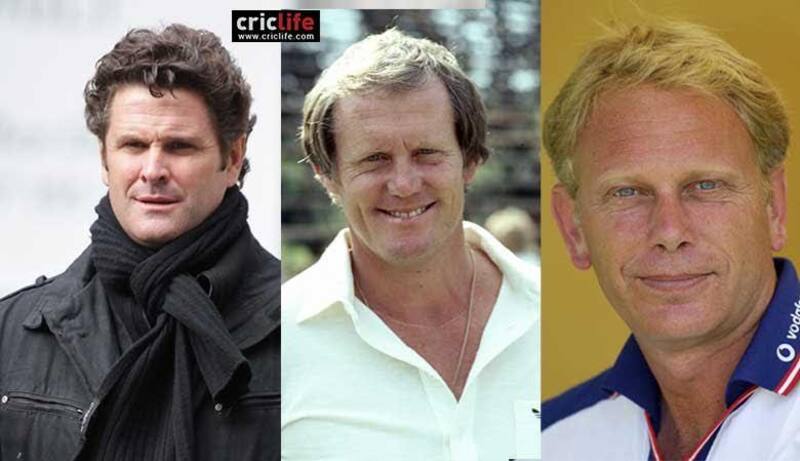
Cricketers are superstars today, many earning big bucks by playing in different leagues around the globe. However, there were many who graced the highest stage in the bygone era, who slipped into financial woes once their playing days were behind them. Nishad Pai Vaidya and H Natarajan list 16 cricketers who ran into financial troubles.
1. Matthew Sinclair
Matthew Sinclair is remembered as the man who scored a double ton on Test debut. When he retired from cricket in 2013, little did he know what lay ahead! Sinclair was jobless for some time until he found an assignment as a salesman. The fact that he hadn’t completed college also didn’t help matters. He had also put his name up for a government sponsored dole. Ultimately, he took up a job as a real-estate salesman, which has kept him going. Speaking to Indian Express, Sinclair said, “I had to put myself out there; a young family, and your Indian readers, where cricketers are stars, probably won’t understand, but there you go. Life isn’t all milk and honey, mate.” The financial woes hit his married life as well. Sinclair is surviving, but he is struggling to survive in Napier.
2. Chris Cairns

In 2010, life was good for Chris Cairns as he worked as a diamond merchant in Dubai. He was also newly engaged to Australian Mel Croser. In 2012, he had won a significant sum in a libel case levelled against former Indian Premier League (IPL) chairman Lalit Modi. However, Cairns fell on tough times as allegations of match-fixing surfaced and it was revealed in 2013 that he was under the eyes of the authorities. With the costs of legal proceedings hitting his family, Cairns was left with no choice but to clean bus shelters in order to make ends meet. Later in 2014, he was charged with perjury in England.
3. Adam Hollioake
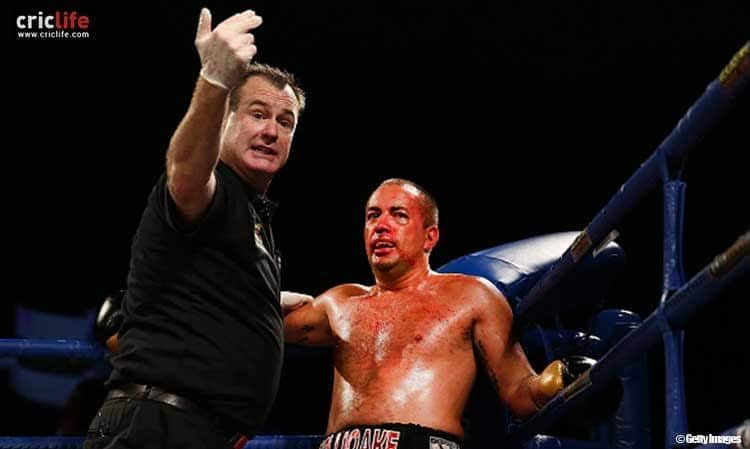
Adam Hollioake last played representative cricket in 2007 and had turned to his family property business in Australia. Initially, the business was very successful as there was a property boom in Australia. However, once the recession hit the world in late 2008, his company’s financial position weakened. Hollioake tried to save it with his own money, but by 2011, he was declared bankrupt. He then took up Mixed Martial Arts (MMA) to earn his bread. “I will, however, fight back and those who know me will tell you I will never give up. If I feel any sadness about losing money it is not for me, but for my children whom are the only ones I feel sorry for in all this,” he said as he took a new avenue in life.
4. Craig McDermott
Like Hollioake, Craig McDermott too had a property company in Gold Coast, called Maxen Developments Private Ltd. In 2008, his company suffered as the property boom went bust and he had to file for bankruptcy. It was reported that his company owed its investors AUD 40 million. He had to sell his house and then took up a job as a bowling coach at the Centre of Excellence. In 2011, he rose to become Australia’s bowling coach, a role he performs to date.
5. Graham Dilley
Graham Dilley was the toast of the nation following England’s dramatic Ashes 1981 victory. Dilley lived a tough life as did not have a benefit year during his career, went through two divorces — culminating in tough days after retirement. Daily Mail wrote “Graham Dilley, one of the England cricketers who won the Ashes in 1981, was penniless when he died in October. Probate records reveal he left nothing in his Will once debts and outstanding affairs were settled. He signed on the dole in 1996 when coaching work dried up and even sold his cricket blazers to raise cash.” Dilley died of cancer. He was just 52.
6. David Murray
In 1983, Lawrence Rowe led a West Indies rebel side to South Africa. This was a particularly sensitive tour as apartheid raged in South Africa, which was condemned worldwide. In the Caribbean, people did not take this kindly and to this day, many of the players haven’t been forgiven for taking that step, viewed as one that supported the apartheid regime. David Murray, the son of the great Everton Weekes, was a talented wicket-keeper-batsman who played for the West Indies in the late 1970s. However, he was one of the cricketers who participated in that rebel tour to South Africa in 1983. Murray earned good money on the tour, but he now lives a life of poverty in Barbados. He is a far cry from the fit cricketing hero the world saw in the 1970s and his affinity to drugs since his young days has only compounded his problems.
7. Richard Austin
Richard Austin was a talented all-rounder in the late 1970s and was said to be one of the stars for the future. However, his life fell apart after the rebel tour to South Africa in 1983. Austin died in 2015. He spent his last days on the streets in Jamaica and had been addicted to cocaine.
8. Herbert Chang
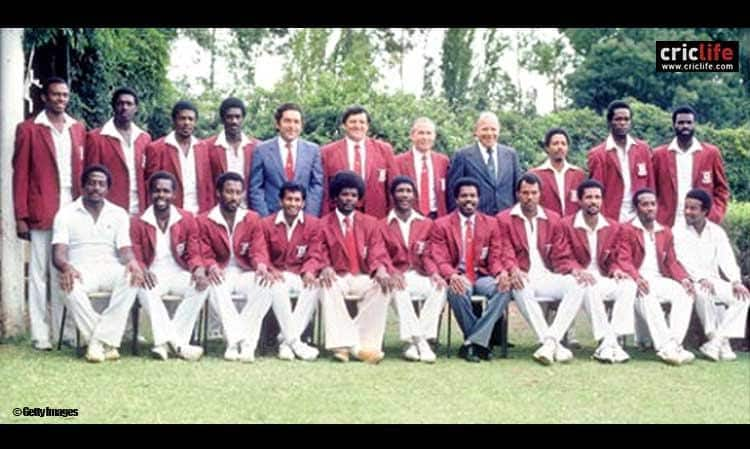
A batsman of Chinese heritage, Herbert Chang played a solitary Test for West Indies in 1979. He too was a part of the West Indies rebel tour to South Africa. His case is quite intriguing for none knows his current whereabouts. ESPN once reported that he was living in a coal bunker, but not much is known since.
9. Graeme Pollock
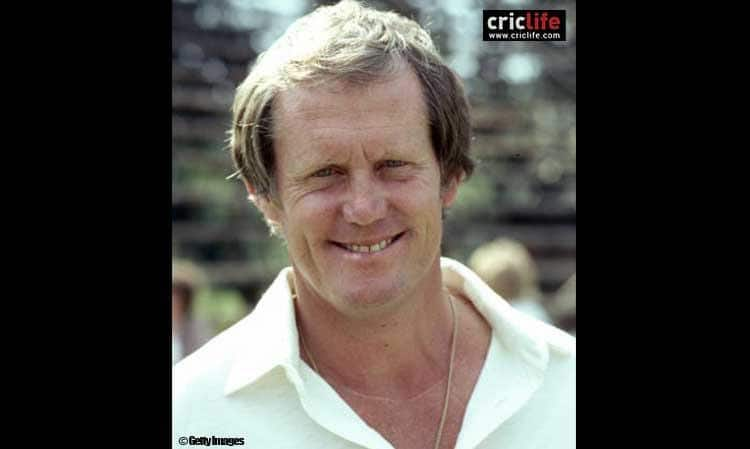
Graeme Pollock was one of the finest left-handers the world has seen and it was a pity that sporting isolation had to cut-short a potentially great career. Pollock fell upon tough times a couple of years ago when the doctors diagnosed him with colon cancer. Not only that, but he was also hit by Parkinson’s disease. He suffered losses to the tune of $250,000 when his brokerage business went southwards and was in danger of losing his house because of his inability to repay loans. Pollock suffered from stroke which has restricted his movements. Last year, Pollock’s agent, Basil O’Hagan, appealed to the Board of Control for Cricket in India (BCCI) and the Indian Premier League (IPL) teams to help the 70-year-old from the financial quicksand he found himself in.
10. Brian Statham
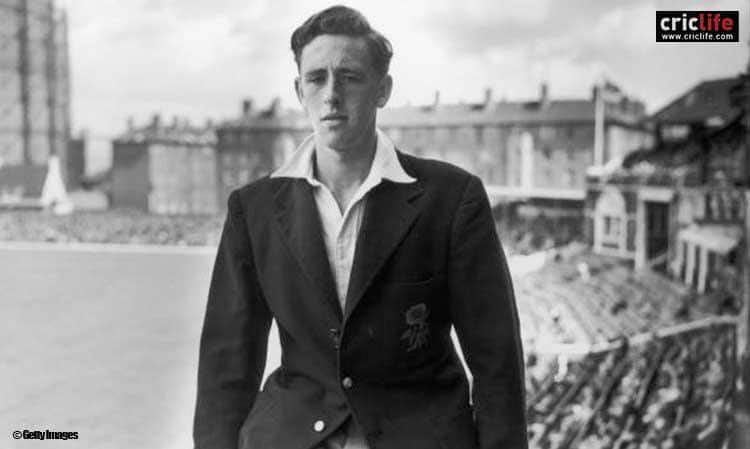
One of England’s finest fast bowlers, Statham formed a great partnership with Fred Trueman. Years later, it was Trueman who came to his aid when he found that Statham had financial problems. Guardian reported that Trueman was instrumental in organising a couple of benefit dinners for his old teammate in the late 1980s. Statham lied in poverty and died of leukaemia in 2000.
11. Tony Lock
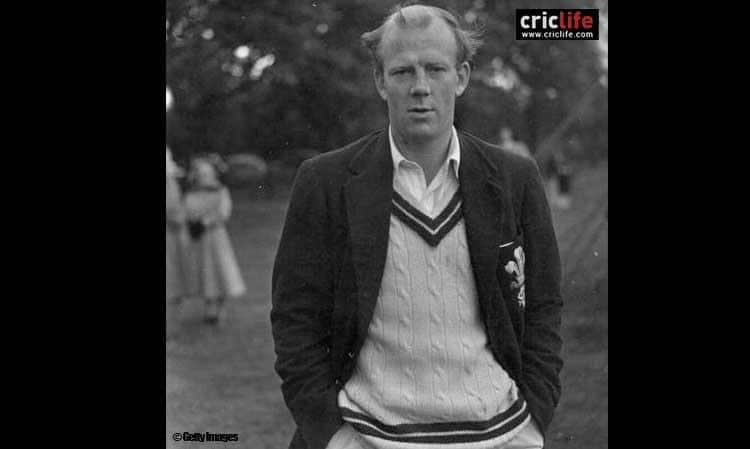
The former England bowler was in Australia post retirement and worked as a coach. He was twice accused of sexual abuse in two separate cases by a 29-year-old and a 10-year-old. To defray his legal fees, he had to do away with his cricket memorabilia, Wisden’s obituary noted. In both cases, Lock was cleared, but it did hit him financially. He believed the accusations were very stressful on his family and which finally took his wife’s life. Immediately after the second charge was dropped, Lock succumbed to cancer, aged 65, in Perth, Australia.
12. Dattaram Hindlekar
Uncle of the great Vijay Mankrekar, Datta Hindlekar was India’s first-choice wicket-keeper on its tours of England in 1936 and 1946. Hindlekar opened the Indian innings with the legendry Vijay Merchant at Lord’s in 1936, but injuries took a toll on his career. Wikipedia notes, that Hindelkar, son of a Ratnagiri farmer, worked in the Bombay Port Trust for a salary of Rs 80 a month. His financial constraints meant he could not even afford wicketkeeping gloves, which he had to borrow. He died at age 40 for want of proper medical treatment. After his death, his employers organized a cabaret dance on August 6, 1949 to raise funds for wife and seven children.
13. Wally Hammond
Hammond loved a life of extravagance and managed to live it during his playing days before the tough realities of life hit him. He was once married to the daughter of a rich textile merchant, but the alliance broke off. Hammond moved to South Africa post retirement with his second wife and failed in an attempt to start a business. He then joined a motor company, which went bankrupt a few years later. Hammond then dabbled in coaching at the Natal University, but did not make enough money for his wife and three children. When he died in 1965, the cricket world came together to raise a memorial fund. His rival, Don Bradman, wrote kind words to go with the pamphlet.
14. Janardhan Navle
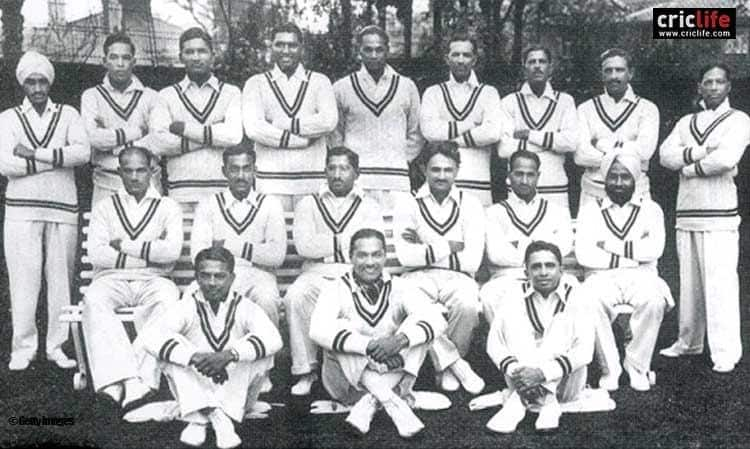
Janardhan Navle was India’s first Test wicketkeeper, having donned the gloves in their opening encounter against England at Lord’s in 1932. Navle played two Tests for India in the 1930s. There are two accounts of his final days — both painting sorry pictures. One claims that he spent his last days as a beggar on the Mumbai-Pune highway, while the other says that he was a watchman at a sugar factory in Pune.
15. Frank Foster
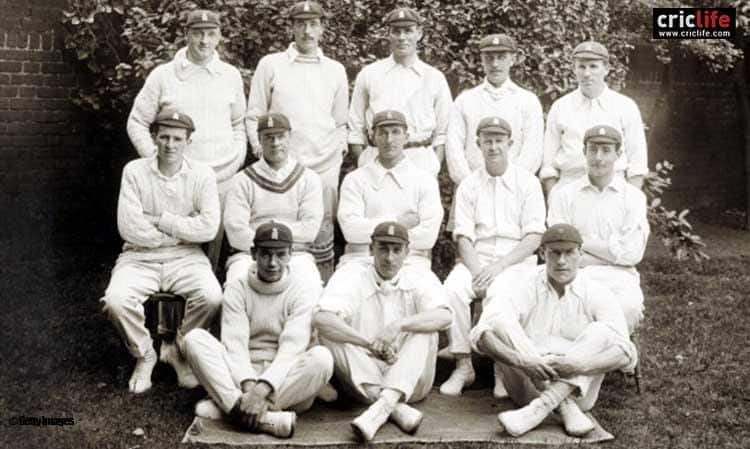
The former England all-rounder had a very troubled life off the field. Post his playing days, he worked with his family in their business but fell out with them in the late 1920s, living solo thereafter. The Independent wrote, “He was given a handsome salary by the family business but he was not much good at his job. By 1928 his services were dispensed with, though he was given an allowance. He gravitated to London. In 1931, the body of a young prostitute was found in an empty shop. She had been strangled. In her seedy flat, a cheque for £10 was found. It had been signed by Foster. His eccentric version of events was accepted at the inquest though eyebrows were raised. There was to be no redemption. Foster was on a downhill course. He parted completely from his young family, ran up huge gambling debts and was eventually formally declared bankrupt.” He died at the age of 69 in 1958 in a psychiatric hospital.
16. Aubrey Faulkner
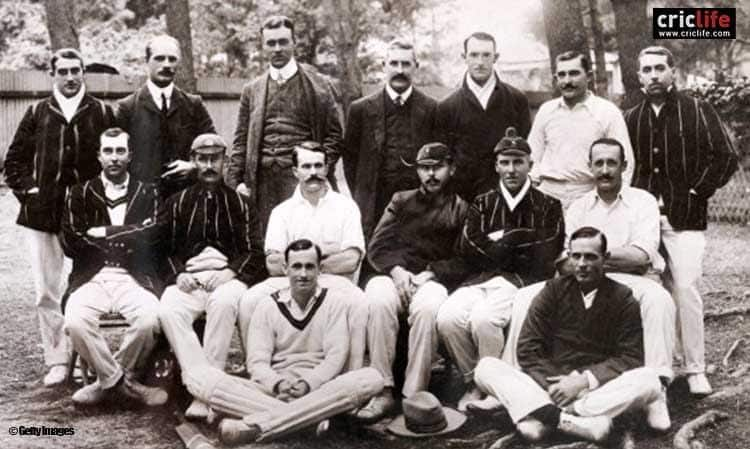
Aubrey Faulkner was a great all-rounder for South Africa in the early part of the 20th century. He lived in England during his final years and had also started a proper cricket school. While he was popular, he could not make enough money and an attack of malaria had severely affected his health. Brian Bassano points out that his wife inherited only 300 pounds when Faulkner died in 1924
(H Natarajan is a journalistic schizophrenic who oscillates between two polar opposite forms of writing — analytical and insightful on the one hand, and rib-tickling humour on the other)
(Nishad Pai Vaidya is a Correspondent with CricketCountry and anchor for the site’s YouTube Channel. His Twitter handle is @nishad_45. The above article was first published in CricketCountry)
More from these writers:
Kumar Sangakkara and Mahela Jayawardene: The Veeru-Jai tandem of international cricket
11 cricketers who emphatically proved they did not care for personal milestones and records
TRENDING NOW
Cricketers who entered the world of music

